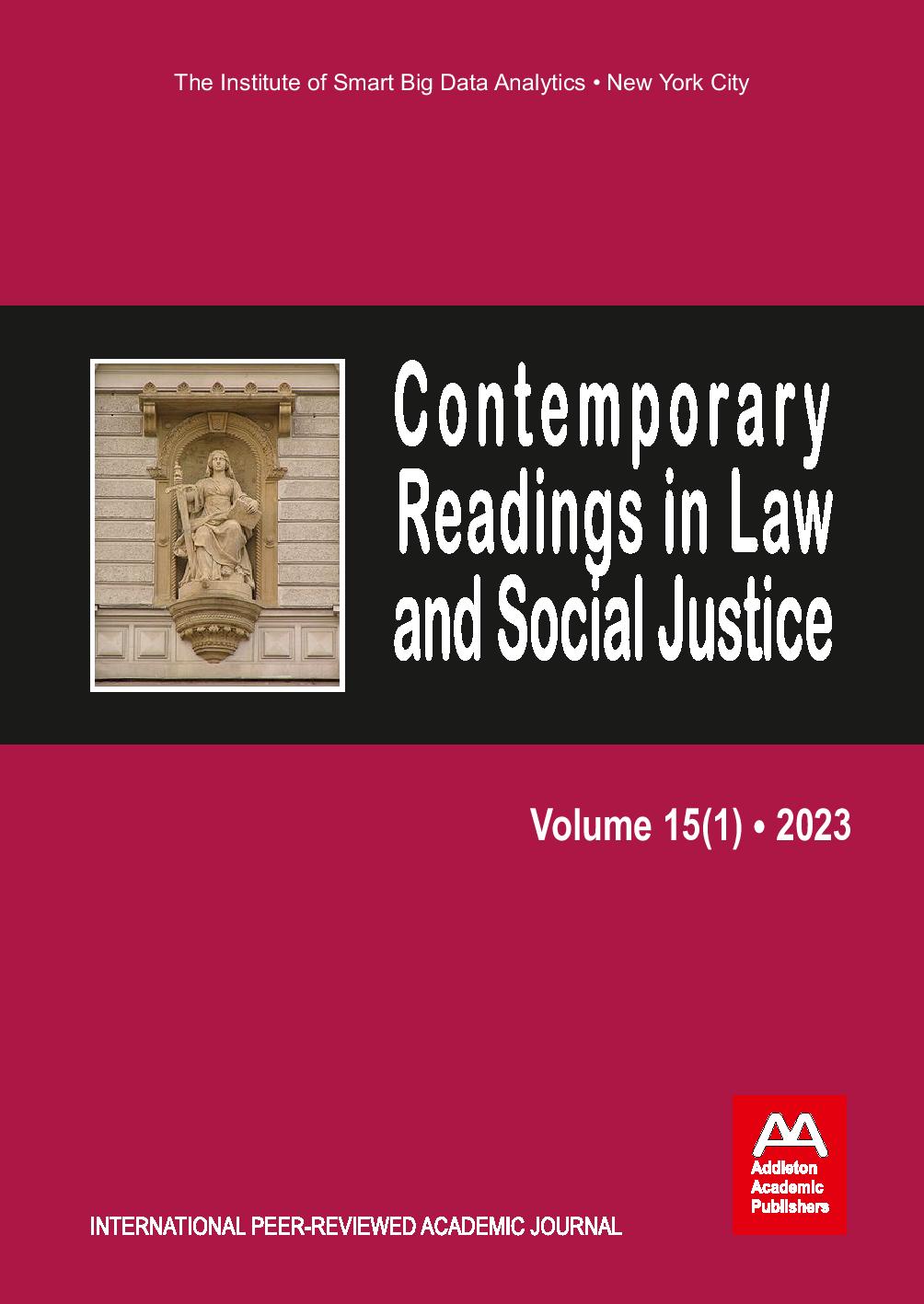Generative Artificial Intelligence-based Diagnostic Algorithms in Patient Data Processing, in Medical Image Analysis Systems, and in Healthcare Risk Assessment
Generative Artificial Intelligence-based Diagnostic Algorithms in Patient Data Processing, in Medical Image Analysis Systems, and in Healthcare Risk Assessment
Author(s): Ann StevensSubject(s): Health and medicine and law, ICT Information and Communications Technologies
Published by: Addleton Academic Publishers
Keywords: ChatGPT; generative artificial intelligence; diagnostic algorithm; patient data processing; medical image analysis system; healthcare risk assessment;
Summary/Abstract: Based on an in-depth survey of the literature, the purpose of the paper is to explore how ChatGPT integrates therapy‐accompanying applications, disease‐ specific symptoms, clinical evaluation, decisions and diagnosis, healthcare risk assessment, and evidence‐based medical knowledge and history. In this research, previous findings were cumulated showing that ChatGPT can formulate coherent discharge summaries, significant evidence-based content, and detailed operative notes, integrating particular medications, consultation time, and follow-up instructions, and I contribute to the literature by indicating that ChatGPT can improve patient engagement, generate accurate and coherent medical reports, diminish errors and cognitive load, and configure abstract reasoning tasks and medical information contextualization. Throughout April 2023, a quantitative literature review of the Web of Science, Scopus, and ProQuest databases was performed, with search terms including “generative artificial intelligence-based diagnostic algorithms” + “patient data processing,” “medical image analysis systems,” and “healthcare risk assessment.” As research published in 2023 was inspected, only 169 articles satisfied the eligibility criteria. By taking out controversial or ambiguous findings (insufficient/irrelevant data), outcomes unsubstantiated by replication, too general material, or studies with nearly identical titles, I selected 28 mainly empirical sources. Data visualization tools: Dimensions (bibliometric mapping) and VOSviewer (layout algorithms). Reporting quality assessment tool: PRISMA. Methodological quality assessment tools include: AMSTAR, Dedoose, Distiller SR, and SRDR.
Journal: Contemporary Readings in Law and Social Justice
- Issue Year: 15/2023
- Issue No: 1
- Page Range: 99-115
- Page Count: 17
- Language: English
- Content File-PDF

